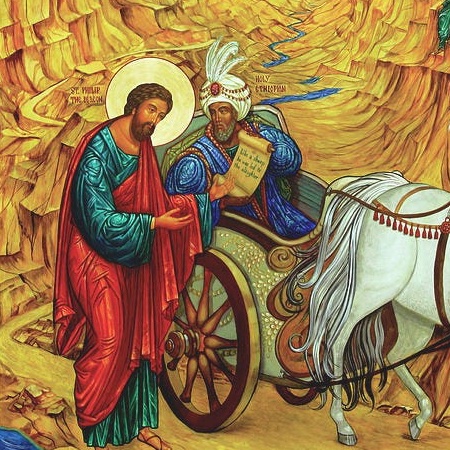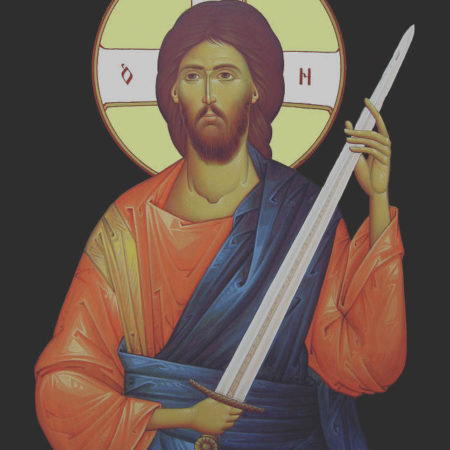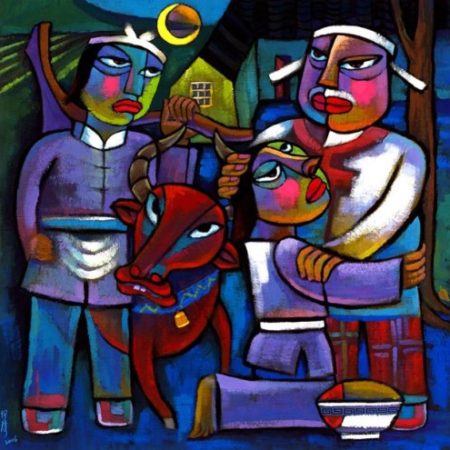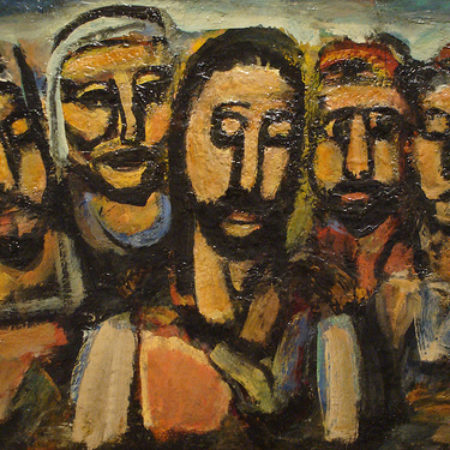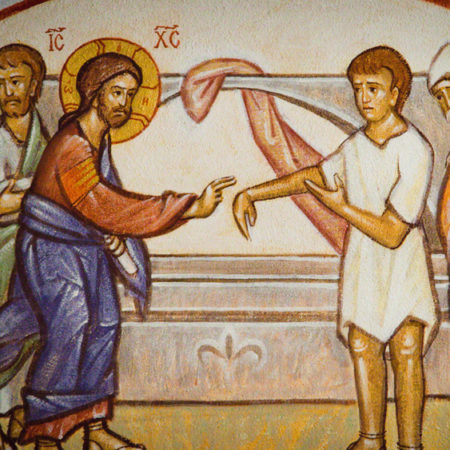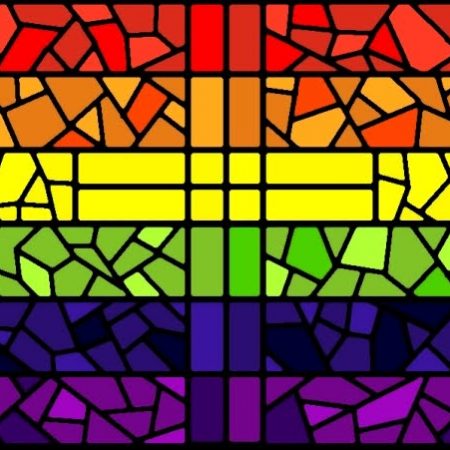In baptism we are adopted into a new family that is radically inclusive of those who have been cut off.
Sermons on Unity
Jesus did not come with the goal of making some gentle improvements to the status quo, but to disable the status quo by exposing its lies and revealing its victims. Without our culture being radically converted by that, the result is escalating chaos, to which Jesus offers himself as a victim and calls us to do the same.
In God’s vision for humanity, every person and the role they play is valued and cared for. When society fails to live up to this, the Church is called to go against the flow and courageously champion and model it.
If we surrender ourselves to the Holy Spirit, we lose some of our inhibitions about social conformity and are liberated to break down the boundaries that keep people apart.
El Espíritu de Jesús nos une a través de límites previamente hostiles y nos enseña un lenguaje de amor liberador.
(The Spirit of Jesus unites us across previously hostile boundaries and teaches us a language of liberating love.)
Jesus calls us to unite as his body around his table, and if we come to the table without seeking that unity, we dishonour Jesus.
Jesus calls us to follow his lead in bringing healing, hope and positive leadership to others, and not to be too worried about anxious and vexatious criticism.
If you set yourself against the other, you also cut yourself off from the Father who loves you both. You diminish yourself, cut off the other, and break the Father’s heart.
Glimpses of the transformed world that God makes possible transfix us and leave us hungering for more.
Pretending to be better than we are alienates us from God and one another. Being open and real about our weaknesses and failures open us to God and one another.
Jesus calls us to move beyond hostile identity politics, whether shaped by Sabbath keeping or #Outrage, and to welcome a new culture of love, forgiveness and welcome.
The doctrine of the Trinity helps us to see that, though exalted and transcendent, God is nevertheless close and personally involved with us.
God has promised the whole world to all God’s children, but not exclusive rights to some bits of it to some people.
When Jesus exposes our aversion to having others recognised as our equals, he calls us to repent and celebrate God’s generosity to all. The marriage equality debate exposes another frontier of his challenge to us.
Jesus calls us to welcome and honour each other at his table regardless of the disagreements we may have over how to apply biblical teachings.
Because we really don’t have the whole truth, the Spirit will be heard only when we are together, listening to one another in love.
Christ is present to us in love, unity and reconciliation, and thus these are essential to our worship.
Jesus calls us to give up the illusion that we own God’s blessing, invite others in, and be despised for doing so, giving up our privileges to build a world that all can share.
How might the biblical witness and the Eucharistic meal set before us shed light on our sense of vocation, on the offerings we seek to bring, individually and collectively?
The unity before God which we all desire is not yet the reality, but a pledge, of which our gathering is also a sign, but its fulfilment is yet to come.

